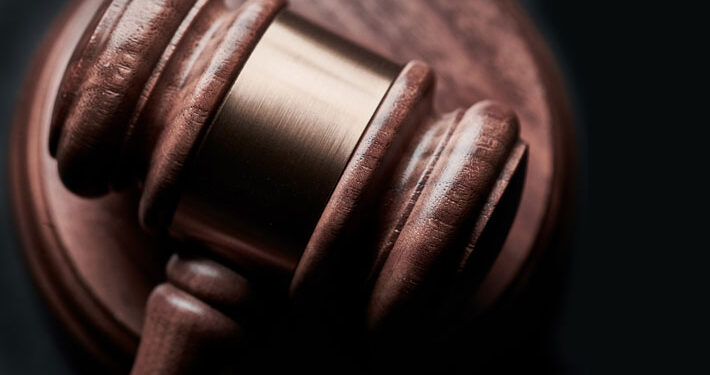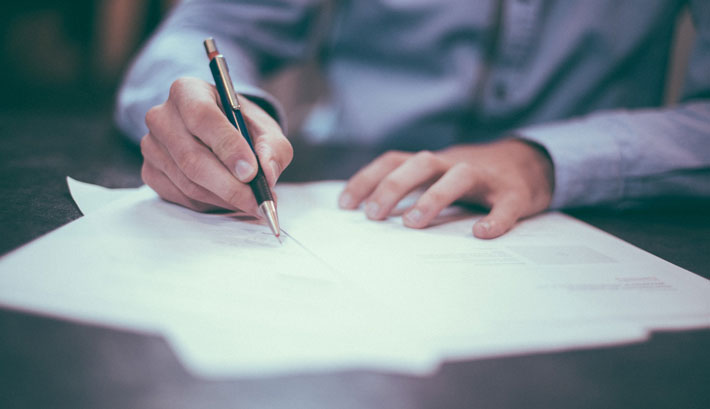How to Prepare for and Deal with Disputes

It doesn’t matter what kind of work you do – nobody wants to entangle themselves into disagreements that end with the involvement of legal institutions. But sometimes there’s no other choice, and dispute resolution in Lithuania and other countries is achieved via court. Whenever you’re facing a dispute or are responding to a complaint, it’s best to be prepared. Only then will you succeed and reach an agreement that suits the needs of both parties. Always remember the following.
Properly and systematically document everything
Whether you’re the one filing a complaint or responding to the one against you, always have documentation with you and make sure that it’s all in one place and orderly. It will help you craft a response or formulate the accusation by outlining specific dates, actions, and so on.
Include everything relevant, even if it hinders your case. Your chosen lawyers that specialise in dispute resolution in Lithuania & the Baltic region will have a better understanding of the case, meaning that they will be able to devise the best course of action specifically for you.
Give yourself enough time to prepare paperwork and correspondence
While it seems obvious that you should give yourself enough time to prepare the necessary documents, some people still forget to do that. This results in poor, last-minute responses and court paperwork riddled with mistakes that only leave a bad impression for the other parties involved. Be meticulous and don’t rush. This way will your documentation and correspondence be as accurate as possible.
Double-check every document before sending it in
Not rushing the necessary paperwork leads to another big point – even if you give yourself plenty of time, always double or even triple check all documents. This is especially important if you’re sending them to the opposing side. Dispute resolution in Lithuania can become a hassle and costly if your papers have errors or omissions.
Trying to fix them afterwards is possible, but it will certainly complicate matters. They can even be used against you later in court to question your credibility. Your lawyer also heavily relies on the data that you provide them with. Inaccurate information is unreliable information, and they won’t be accountable if any issues arise as a result.
Follow the court’s orders
Remember to closely follow all directions and set deadlines if the claim does proceed to court. You’ll have to be ready for the disclosure & inspection of documents, witness statement exchanges, and prepare the necessary trial bundles without delays.
If you don’t follow the instructions, then dispute resolution in Lithuania can become quite troublesome. The court fine you or strike out your defence/claim, which can result in you having to pay the legal costs of the other party.
Seek professional assistance
If you’re unsure about any aspect of a dispute or a complaint, seek out proper legal advice. Professionals that specialise in disputes will help you throughout the entire process, ensuring that you have the best odds in this whole ordeal. Keep in mind that being morally “right” isn’t always the same as being “legally” right.
Disputes and complaints aren’t that stressful if you handle them properly and prepare accordingly. It’s also useful to remember that they don’t always result in going to court. Attorneys that are trained in dispute resolution, in Lithuania and the Baltic region, often have the expertise to resolve these matters without the interference of said legal institutions. Getting advice from professionals can go a long way and even help you avoid these situations altogether.










